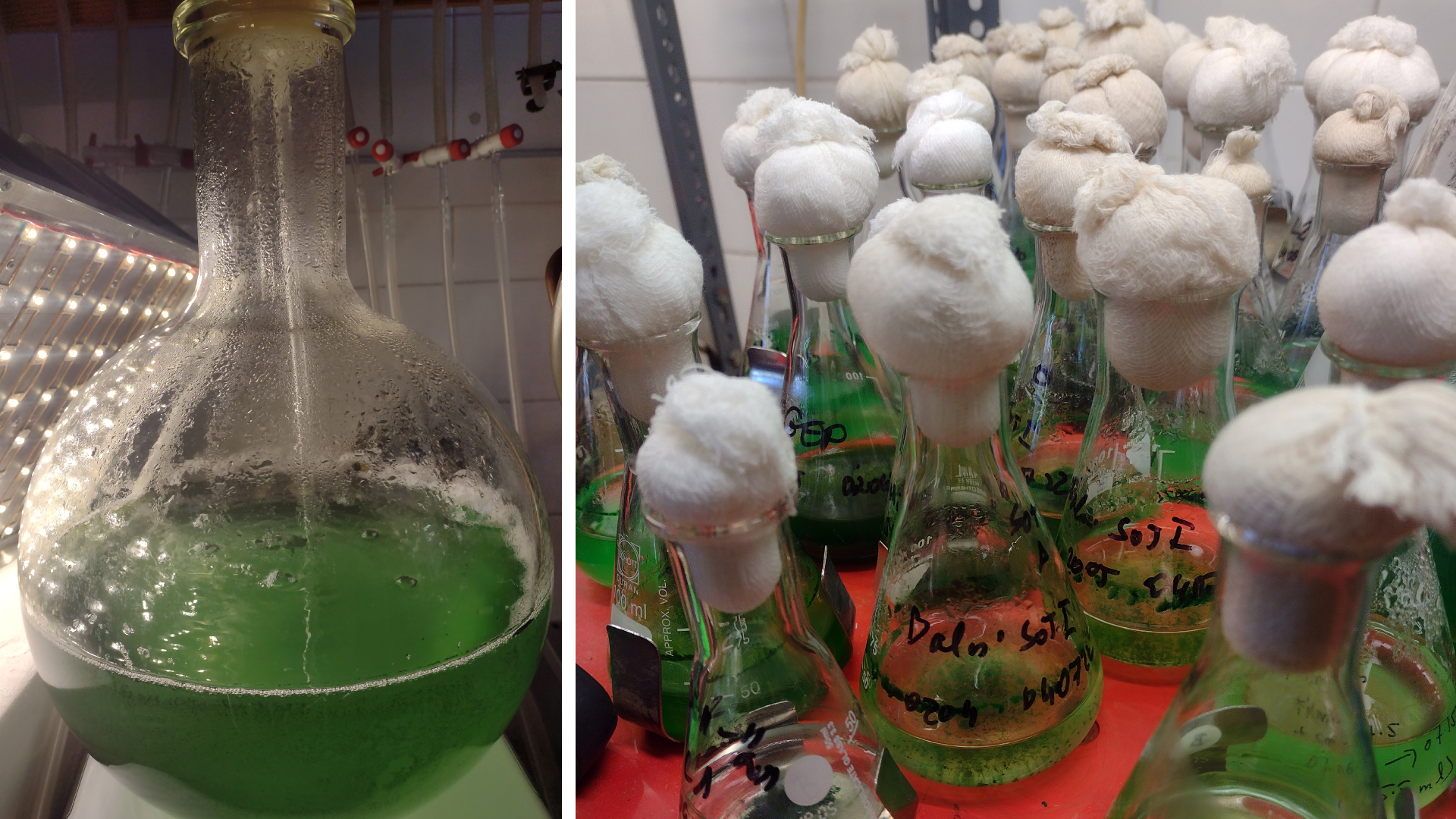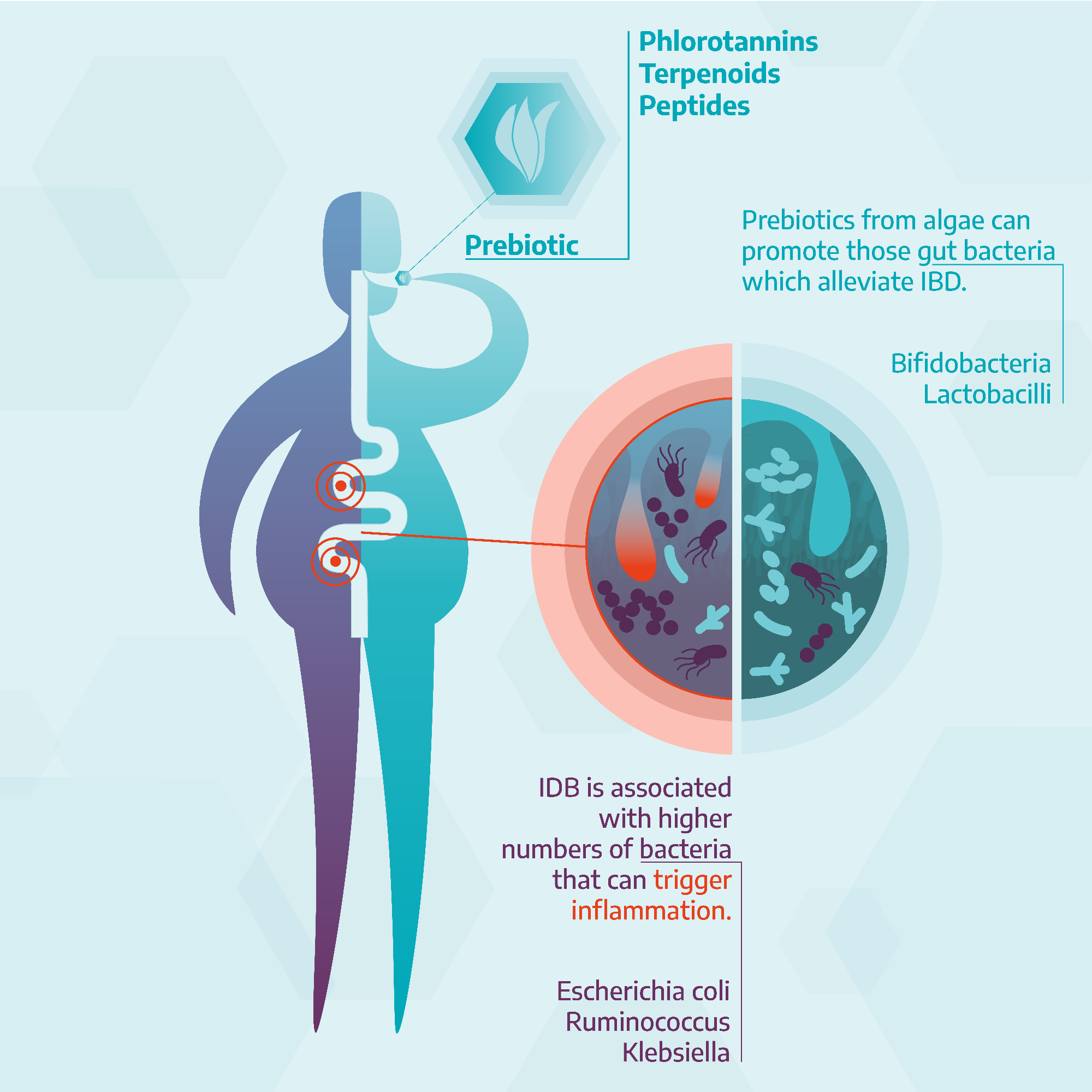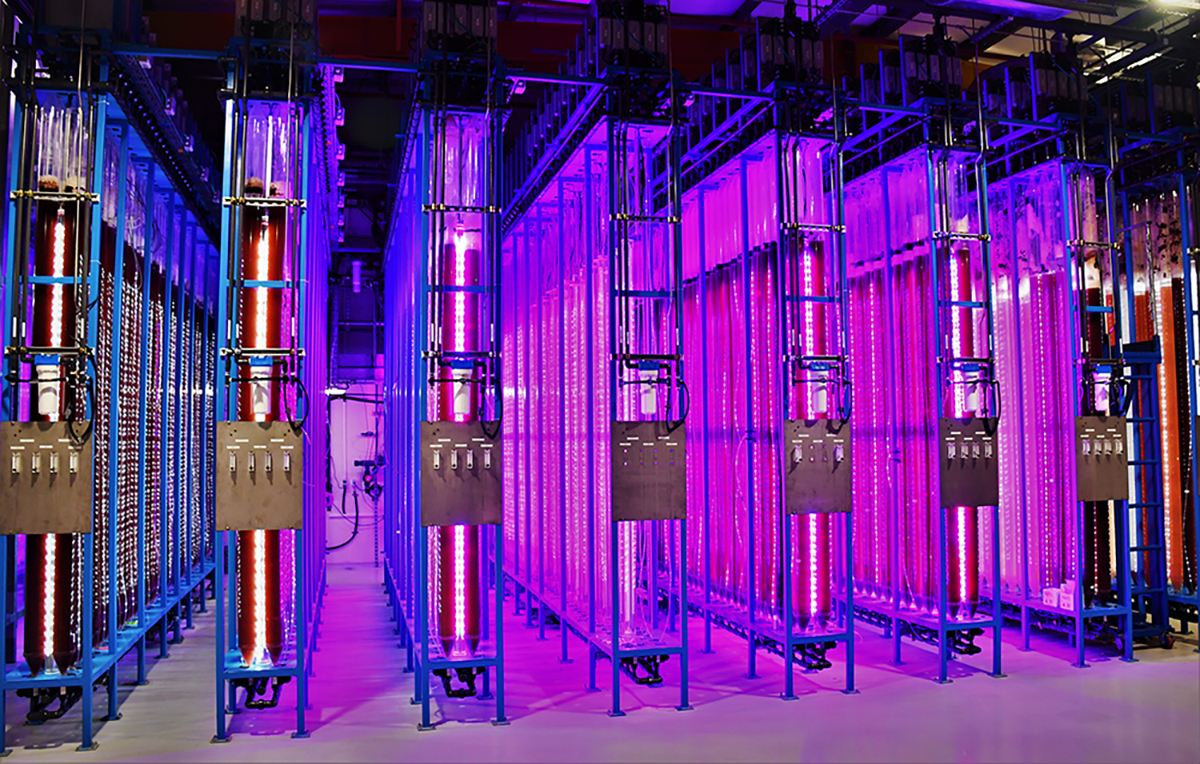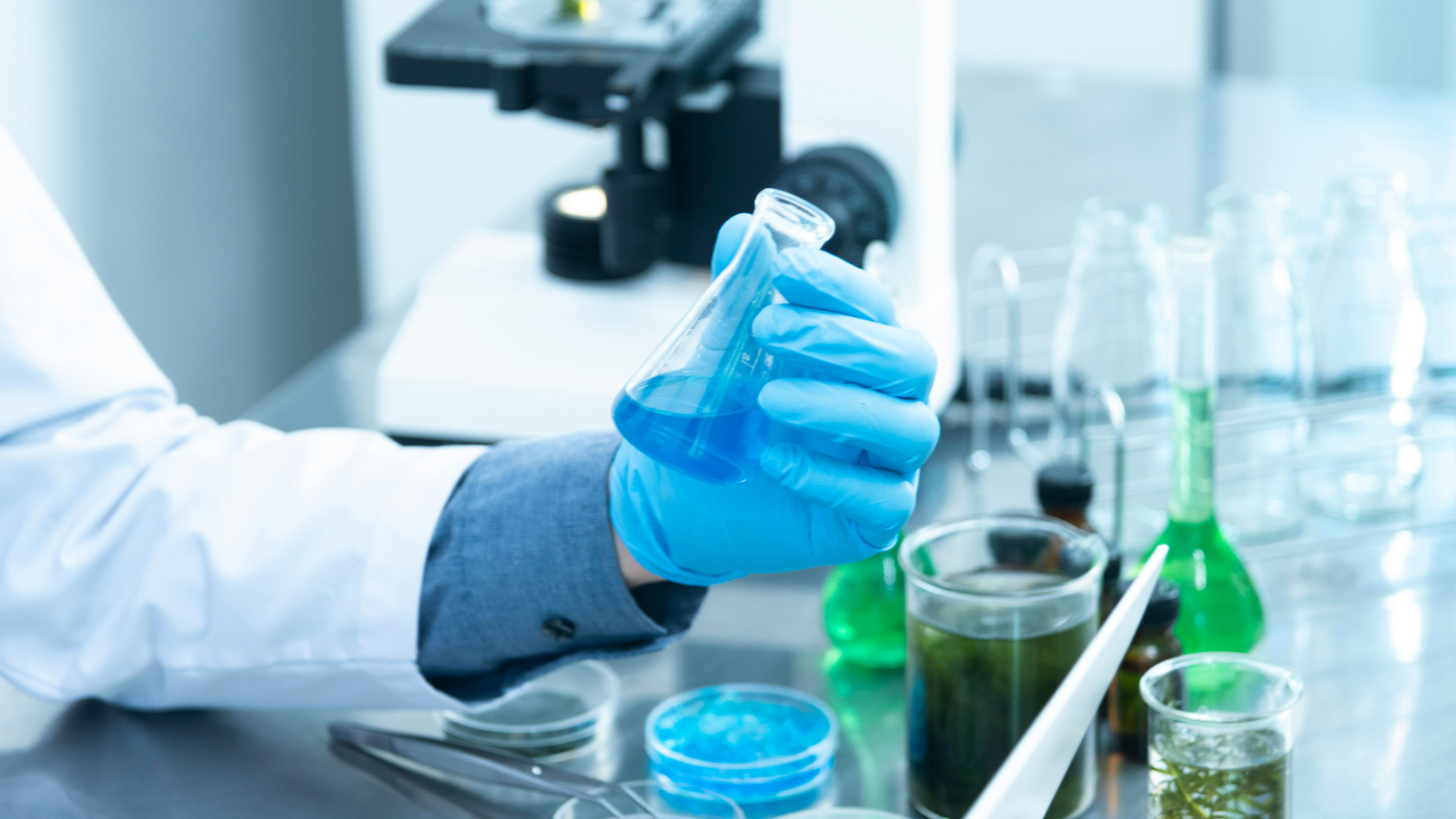HUN REN BRC researchers investigate the applicability of algae in the treatment of inflammatory bowel disease in the Algae4IBD research project
Researchers from the HUN-REN Biological Research Centre in Szeged (HUN REN BRC) participate in the Algae4IBD international research project, which investigates the applicability of algae in the treatment of inflammatory bowel disease (IBD). Their significantly novel results can be used to increase the production of both biomass and active substances. Their findings have an impact on understanding bacterial consortia, particularly the microbiome, and may explain the emerging antibiotic resistance of the persister cells. The Algae4IBD project brings together 21 universities, research institutes and companies from 11 countries to combine their expertise, and efforts in different fields to help patients with chronic IBD. HUN-REN BRC researchers’ results were published in the scientific journals Cells (MDPI) and Frontiers in Plant Science.

Microalgal cultures gown at laboratory-scale.
In the project, beyond anti-inflammatory and/or analgesic effects, they also aim to develop nutritional supplements, functional food and a base for a medicine that might help to prevent/treat the development of certain diseases, such as IBD.

The figure shows how algae compounds can help mitigate IBD symptoms Photo credit: Algae4IBD and ESCI
For many years, the team of Bettina Ughy at HUN-REN BRC has been working on microalgae. The group has a collection of microalgae cultures originating from natural waters of Hungary. They are interested in what bioactive molecules are hidden in these organisms, including plant and animal biostimulants as well as active substances that can be used in human medicine, for example, as anti-inflammatory agents.
In any case, one of the most important goals is to be able to produce enough algal biomass, and it is also important to increase the production of the active substances. The BRC team therefore provides newly isolated organisms and know-how for the efficient production of bioactive components, as well as for the production, maintenance and management of microalgae.
In studying the growth of microalgal populations to increase biomass production, they have accomplished fundamental discoveries that could have implications for research on any bacteria or unicellular organism. They achieved significantly novel results in the cyanobacterial proliferation, which can be used for efficient biomass production. What really highlights the importance of their studies is that their discoveries are universally applicable to unicellular reproduction, so their findings have an impact on understanding bacterial consortia, particularly the microbiome, and can answer the emerging antibiotic resistance of persister cells.

Large scale of algae production Photo credit: Yemoja Ltd.
They successfully increased the amount of paramylon content - a starch-like carbohydrate composed of beta-glucan, which is thought to have immunostimulant and anti-inflammatory effects - several-fold in Euglena cells and also changed the carotenoid composition.
The Algae4IBD project was funded from the European Union's Horizon 2020 Research and Innovation Programme under grant agreement N° 101000501.
Publications:
Ughy B. et al. 2023 Cells. 12(10):1430. doi: 10.3390/cells12101430
https://www.mdpi.com/2073-4409/12/10/1430
Kanna SD. et al. 2021 Frontiers in Plant Science 12:725699. doi: 10.3389/fpls.2021.725699. eCollection 2021.
https://www.frontiersin.org/articles/10.3389/fpls.2021.725699/full

